Tourism sector loses critical staff to brain drain
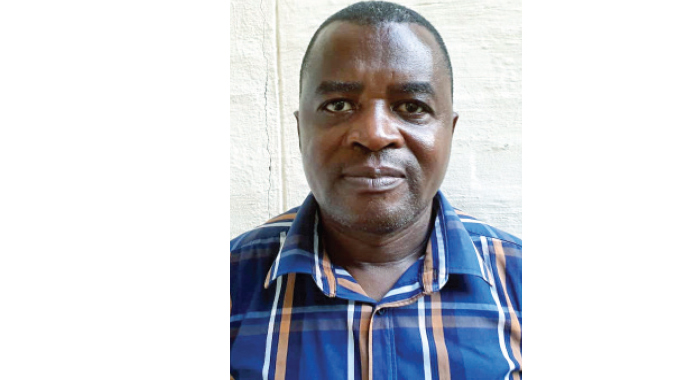
Nqobile Bhebhe, Senior Business Reporter
TOURISM and safari operators lost about 58 percent of their workforce to Europe and Middle East countries that re-opened their tourism spaces much faster than Zimbabwe when the global Covid-19 pandemic resided.
However, the players in the sector have put up packages to lure back the workforce that would sustain the anticipated high volumes of arrivals.
A majority of former workers who left for the United Arab Emirates and Europe, particularly Scotland, are positively responding to offers, Employers Association for the Tourism and Safari Operators president, Mr Clement Mukwasi, has said.
Tourism is one of the key economic sectors in terms of job creation and foreign currency earnings and has set a target of US$5 billion in earnings by 2025.
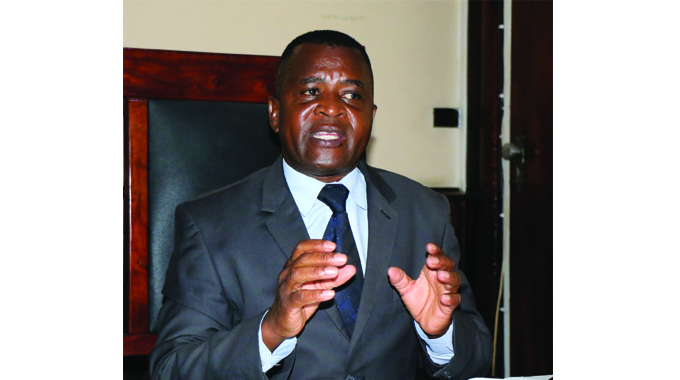
Mr Clement Mukwasi
The sector is slowly recovering from the adverse effects of Covid-19, which since March 2020 had frustrated major service providers resulting in the loss of jobs due to lockdown restrictions, which curtailed global and local travel.
Addressing the Bulawayo media last Friday on the “State of tourism after Covid-19: The private sector perspective”, Mr Mukwasi said the sector suffered a huge shock not only losing experienced workers but had a significant drop of tourists arrivals.
“We have a challenge of brain drain. A lot of employees found opportunities elsewhere during the lockdown. Countries in the Middle East and Europe have taken a lot of waiters, chefs and guides, so we no longer have adequate manpower because we have recovered slower than the first world economies,” he said.
“We lost about 58 percent of manpower, so we are less than half the capacity we are supposed to have in the sector,” he said.
Those countries are relying on their own domestic tourism but they do not have the skills that Zimbabwe has, he added.
“We used not to export any skills in the tourism sector because we were equally active and well paying. We are now starting to re-train workers because the moment more international airlines start flying into the country with more tourists we will have a challenge of delivery of services that are on the same levels as we were before Covid-19,” he said.
Mr Mukwasi said they have crafted packages to lure back the former workers.
“In the current collective bargaining agreement, we have a US dollar salary and RTGS salary component. This is a serious attraction that is making more people consider coming back,” he said.
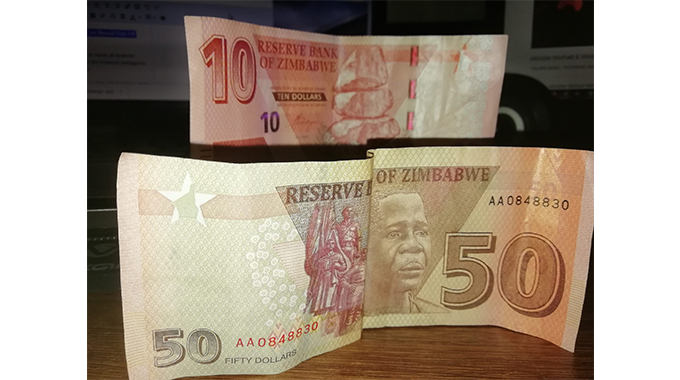
RTGs
However, Mr Mukwasi said huge foreign direct investments in the sector during the lockdown phase were made.
“During Covid-19 shutdown, other people were making applications for investments in the country owing to the confidence they had in our infrastructure and the attractiveness of our destinations, especially Victoria Falls.
“The FDIs were not coming in small amounts but at higher values,” he said.
The sector has embarked on an aggressive domestic tourism marketing drive following the launch of the ZimBho Campaign in 2020, which has helped improve domestic travel.
New products such as Around Zimbabwe have been introduced to take tourists to various destinations under one consolidated package.

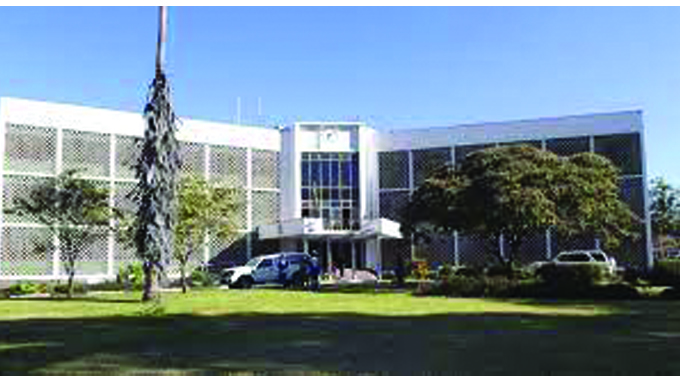
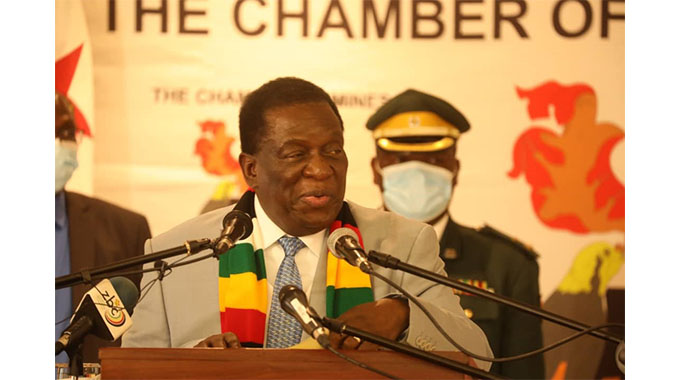








Comments